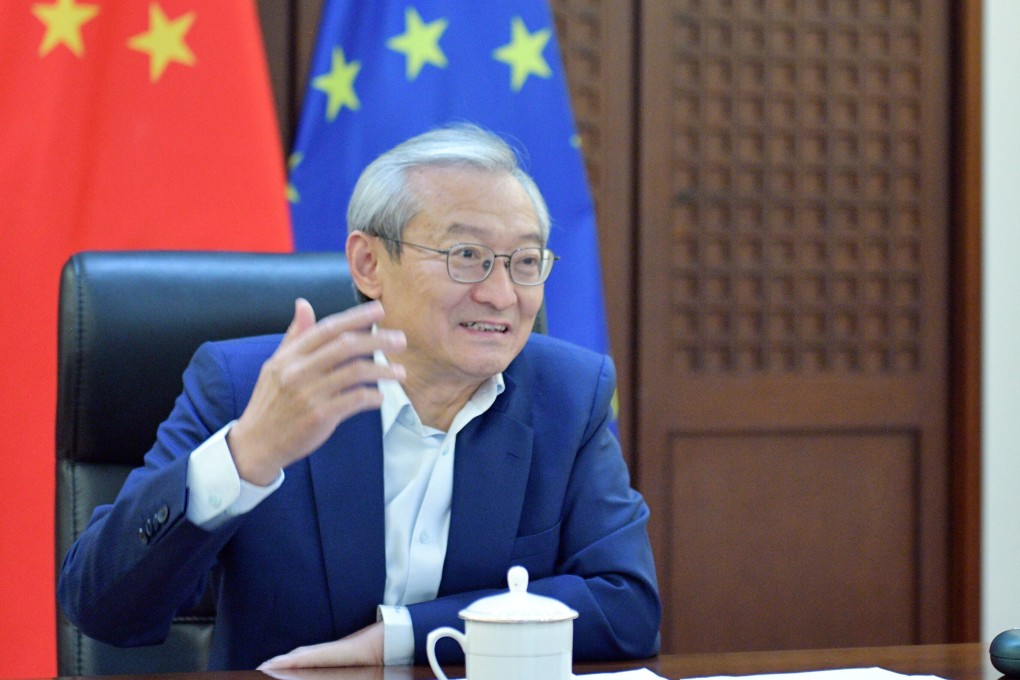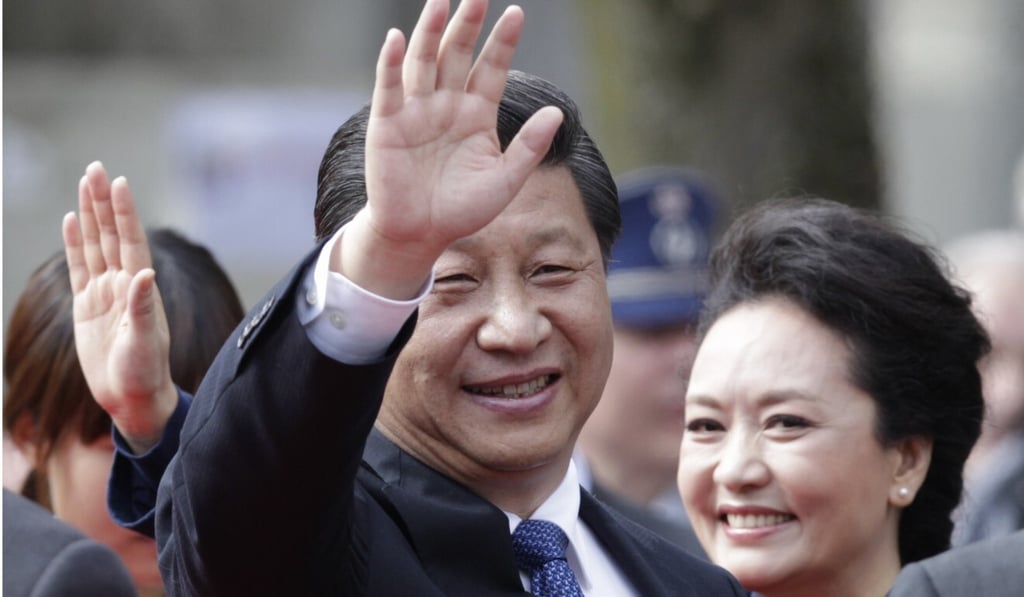Advertisement
China asks EU to remain flexible on negotiations for joint investment deal
- Beijing is ‘very serious about this agreement and has put a lot of effort into the negotiations’, Chinese ambassador to EU Zhang Ming says
- As EU foreign ministers stop short of imposing sanctions on China over Hong Kong, Zhang says two sides are ‘always in communication’ on key issues
Reading Time:3 minutes
Why you can trust SCMP

Beijing has appealed to the European Union to remain flexible and pragmatic with regards to the negotiations for a comprehensive agreement on investment, while playing down the two sides’ disagreements over Hong Kong.
“China is very serious about this agreement and has put a lot of effort into the negotiations,” China’s ambassador to the EU Zhang Ming said in an interview on Friday. “We hope our EU partners will meet us halfway.”
His comments came as European foreign ministers joined the United States in criticising Beijing’s passing of a national security law for Hong Kong.
Advertisement
While the politicians expressed their “grave concern” at the move, they stopped short of imposing sanctions against China or cancelling a planned summit between Chinese President Xi Jinping and EU heads of state scheduled for September in the German city of Leipzig.
“It takes two to dance,” Zhang said. “We hope the EU will adopt a flexible and pragmatic attitude.”
Advertisement

Advertisement
Select Voice
Select Speed
1.00x